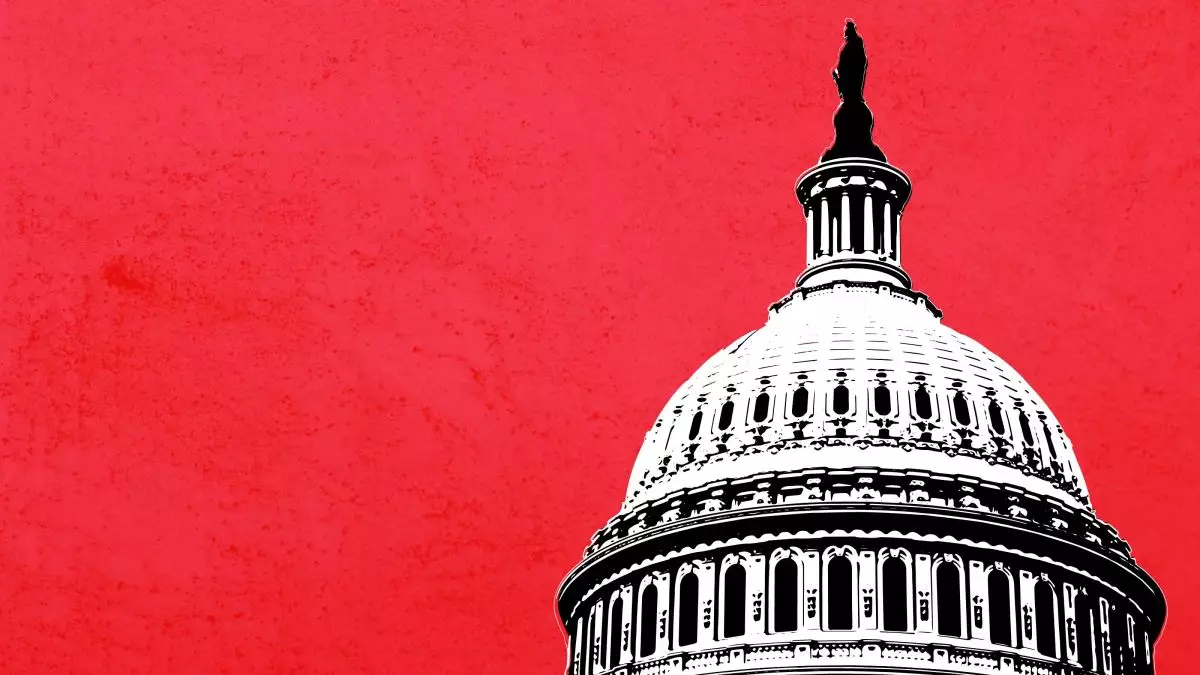As artificial intelligence technology rapidly evolves, so too do the benefits and potential hazards associated with its deployment. Recognizing the need for effective oversight, the U.S. government established the U.S. AI Safety Institute (AISI) via President Biden’s AI Executive Order in November 2023. This initiative is critical, considering the multifaceted risks posed by AI systems, which range from ethical dilemmas to existential threats. However, the future of the AISI hangs in the balance, as it faces the prospect of dissolution if Congress fails to act decisively in support of its continued operation.
Operating under the National Institute of Standards and Technology (NIST) within the Department of Commerce, the AISI’s mission is to evaluate and mitigate the risks associated with AI implementations. This relatively new body has garnered attention not only for its budget of approximately $10 million but also for its collaborative research initiatives with counterparts like the U.K. AI Safety Institute. Nonetheless, its very existence could be jeopardized by changes in federal administration or political priorities. As noted by Chris MacKenzie of Americans for Responsible Innovation, a repeal of the AI Executive Order by a future president—potentially one who may not prioritize AI oversight—could lead to the Institute’s dismantlement. This precarious situation underscores the necessity for congressional endorsement to secure the AISI’s longevity and stability.
The disbanding of the AISI would not merely represent the loss of a regulatory body; it would likely have broader implications for the U.S.’s standing in the global AI landscape. The emergence of international collaborations among countries like Japan, Germany, and South Korea focuses on developing their own safety institutes for managing AI. As global competition in this transformative field intensifies, allowing the AISI to evaporate could signal to the world that the U.S. is stepping back from its leadership role. Furthermore, stakeholders worry that such an action would hinder the establishment of robust AI benchmarks essential for shaping future policies.
To prevent the risks associated with the AISI’s potential disbandment, over 60 influential organizations—including prominent tech firms like OpenAI and Anthropic—have rallied for Congress to enact legislation that would formally authorize the Institute. Bipartisan bills supporting this initiative have emerged in both the Senate and House, suggesting that recognizing the AISI’s significance transcends party lines. However, resistance remains, particularly from factions that seek to impose austerity measures regarding autonomous initiatives, such as diversity programs within the AISI framework.
The Path Forward: Legislative Assurance
The overriding sentiment among proponents for the AISI is that securing formal congressional authorization would not only safeguard its future but could lead to a more substantial and consistent funding stream. With stable financial support, the AISI could further its mission, positioning itself as a cornerstone of AI safety and ethics in the U.S. As MacKenzie points out, cohesive legislative backing aligns with a long-term vision for responsible AI regulation and ensures that the various stakeholders involved are committed to a substantive, collaborative approach.
The convergence of technological innovation and ethical consideration in AI represents one of the defining challenges of our era. The establishment and protection of the AISI reflect a crucial step toward addressing these challenges. Congress plays an instrumental role in this narrative, having the power to either secure the AISI’s future or allow its potential disbandment, ultimately impacting U.S. leadership in the global AI race. Therefore, as discussions advance, a call to action emerges; for legislators to acknowledge the importance of the AISI is not just about preserving an institution, but about ensuring that the U.S. remains at the forefront of safe and responsible AI development for years to come.

